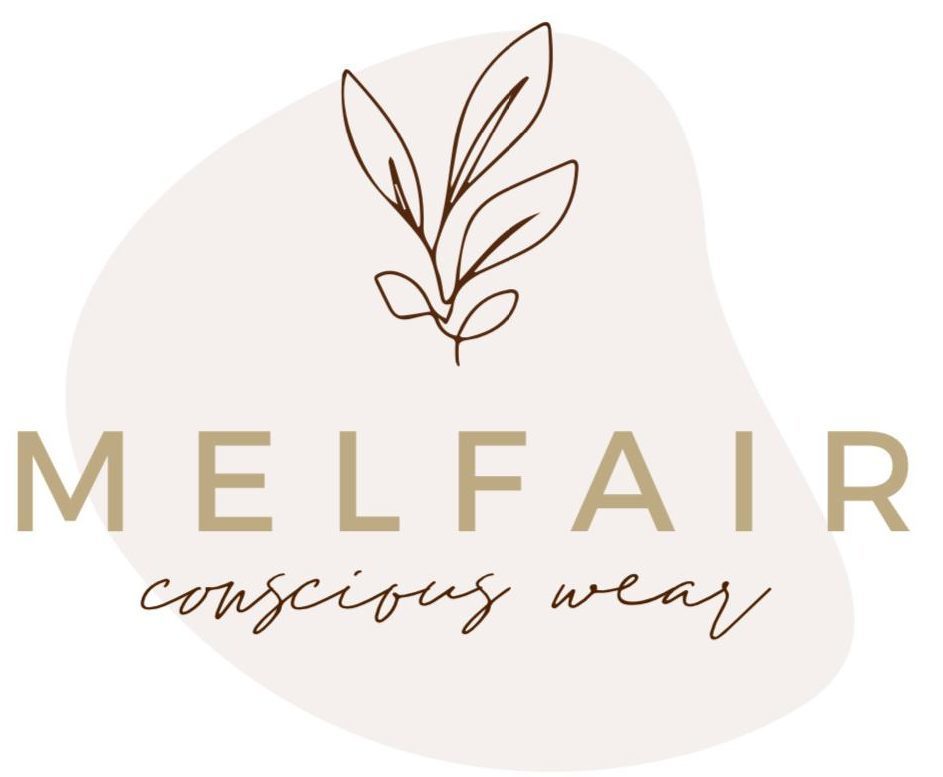The fashion industry
The fashion industry has been, for several years, the second most polluting industry in the world, after the oil industry. Today, more than ever, it reflects a lifestyle based on overconsumption. In fact, in order to satisfy the ever-growing demand, the pioneers of this industry have resorted to unethical production methods.
Thus was born the fast fashion which aims to offer a wide range of products very quickly. This industry is called ” disposable fashion “, due to its lack of quality. Indeed, although it is attractive by its price, the products proposed do not last in time and impact seriously the environment. On the one hand, with all the waste that is thrown away in nature, and on the other hand, with the fabrics used that require an abundance of water.
This brings us to the social damage. As a reminder, in order for production to be inexpensive, it is essential for companies to produce in certain countries where garment makers are paid very little, or even nothing, which contributes to the exploitation of human beings.
The limits of eco-responsibility
It is important to mention that some brands advocate a production ” responsible ” by highlighting the use of organic cotton, for example. Consumers must beware of this kind of proposal that are often a marketing object that pushes even more to overconsumption.
Indeed, this principle is called ” Greenwashing ” and is in reality a communication strategy that hides an intensive production, whose problems are similar to those of fast fashion.


 Français
Français